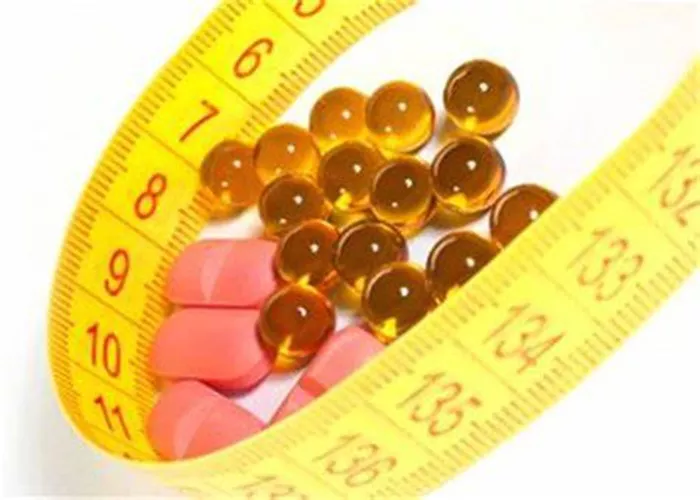While the weight loss industry offers countless products promising quick fixes, experts agree that the key to lasting weight management lies in maintaining a healthy diet and consistent exercise routine. Some popular supplements, however, don’t live up to their promises and can end up being a waste of money. Here’s a rundown of five such supplements you might want to avoid.
Vitamin B12 Supplements
Although Vitamin B12 is crucial for overall health, it doesn’t directly contribute to weight loss unless you’re deficient. Nurse practitioner Alison Harris explains that B12 supplements are beneficial only for those with a deficiency, which is rare. Your body efficiently eliminates excess B12, so supplementation won’t lead to weight loss. A well-balanced diet should provide enough B12, and if needed, tailored supplements like protein or fiber might help boost your weight loss efforts.
Over-the-Counter (OTC) Weight Loss Supplements
Products like Hydroxycut and other OTC weight loss supplements often contain caffeine, B vitamins, and apple cider vinegar—ingredients that alone don’t have proven weight loss benefits. Pharmacist Jamie notes that caffeine may suppress appetite temporarily, but these products don’t have scientific backing to support significant weight loss. She suggests saving your money and instead opting for a balanced diet and exercise regimen.
Protein Powder
While protein is important for muscle growth and satiety, protein powder can hinder weight loss if not used properly. TikTok doctor @pcos.thyroid.weight.loss argues that it lacks fiber, which is essential for controlling appetite and supporting digestion. Additionally, consuming protein powder at certain times can spike insulin levels, a hormone that inhibits fat loss. Instead of relying on powders, focus on whole-food protein sources that also provide fiber.
Vitamin C Supplements
Vitamin C is vital for overall health, but taking supplements likely won’t aid in weight loss. Dietitian Krutika Nanavati explains that the body excretes excess Vitamin C because it’s water-soluble, meaning taking more than necessary doesn’t provide extra benefits. For weight loss and immune support, it’s better to eat high-fiber fruits like bananas, which offer both Vitamin C and other beneficial nutrients like potassium.
Apple Cider Vinegar (ACV) Gummies
While ACV is a popular health trend, dietitian Angie Asche warns that the claims made by ACV gummies—such as appetite suppression and improved gut health—lack solid evidence. The effectiveness of these gummies depends on factors like the dosage of ACV and absorption rates, and there’s no clinical trial data to back their claims. Asche recommends using ACV in homemade salad dressings or consuming apples for their fiber content instead of relying on overpriced supplements.
In summary, while supplements can play a minor role in a weight loss plan, none of these five are likely to make a meaningful impact on their own. For real results, focus on a balanced diet, regular exercise, and consulting a healthcare provider for personalized advice.
Related Topics:
Diets or Drugs for Weight Loss: A New Era of Treatment


